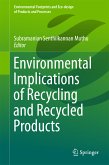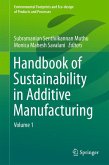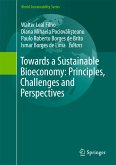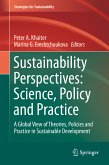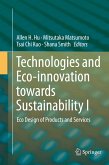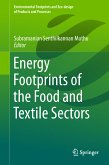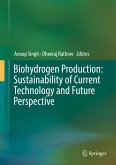This book is a state of the art treatise on what has been done so far on measuring sustainability for decision making. Contributions will appeal to engineers and scientists engaged in technology development, assessment, and verification. Researchers working on engineering sustainability are likely to get ideas for further research in quantifying sustainability for industrial systems. Concepts described can be applied across all scales, from process technology to global sustainability; and challenges and limitations are also addressed.
Readers will discover important insights about simulation-based approaches to process design and quantitative measurement techniques of sustainability for business and technology systems. Most of the examples and case studies are from chemical enterprises but the methodologies presented could be applicable to any system for which quantitative data for indicators are available, and the choice of the set of indicators of sustainability are comprehensive.
Dieser Download kann aus rechtlichen Gründen nur mit Rechnungsadresse in A, B, BG, CY, CZ, D, DK, EW, E, FIN, F, GR, HR, H, IRL, I, LT, L, LR, M, NL, PL, P, R, S, SLO, SK ausgeliefert werden.
Es gelten unsere Allgemeinen Geschäftsbedingungen: www.buecher.de/agb
Impressum
www.buecher.de ist ein Internetauftritt der buecher.de internetstores GmbH
Geschäftsführung: Monica Sawhney | Roland Kölbl | Günter Hilger
Sitz der Gesellschaft: Batheyer Straße 115 - 117, 58099 Hagen
Postanschrift: Bürgermeister-Wegele-Str. 12, 86167 Augsburg
Amtsgericht Hagen HRB 13257
Steuernummer: 321/5800/1497
USt-IdNr: DE450055826
Bitte wählen Sie Ihr Anliegen aus.
Rechnungen
Retourenschein anfordern
Bestellstatus
Storno



